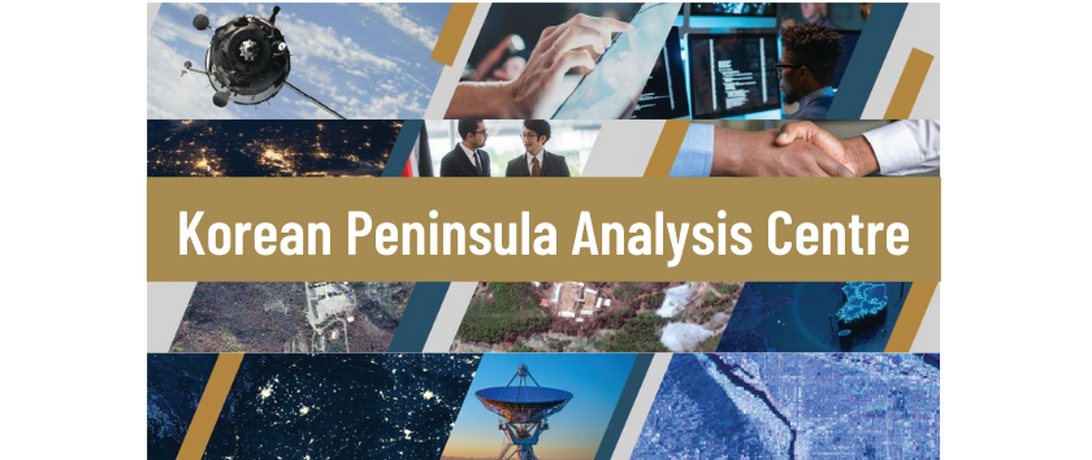
ONN is pleased to introduce the Korean Peninsula Analysis Centre (KPAC). The KPAC is a platform for collecting and sharing open-source information and analysis on nuclear risks on and around the Korean Peninsula.
ONN has launched the Korean Peninsula Analysis Centre (KPAC), an innovative platform developed by the ONN Analysis Team to address nuclear risks on the Korean Peninsula. The KPAC is a comprehensive resource for collecting and disseminating open-source information and analysis related to nuclear risks, providing valuable insights to analysts and the general public.
Purpose and Functionality
The purpose of the KPAC is twofold:
Firstly, it acts as a continuous monitoring tool, allowing analysts to stay updated on events that may impact the risk of nuclear weapon use on the Korean Peninsula. The platform collects information from relevant news sources, which is subsequently carefully reviewed and categorized by the ONN Analysis Team. This curated data is then saved in the KPAC Library and made accessible to the public through the Nuclear Risk Levels dashboard.
Secondly, the KPAC functions as a knowledge repository, offering open access to vital information and analysis concerning nuclear risks on the Korean Peninsula. Through the Nuclear Risk Levels dashboard, the public can explore curated news items and assess the level of risk associated with each of the 15 key areas. By clicking on specific risk areas, users can access brief summaries of how ONN assesses the Nuclear Risk Levels and track their changes over time. Furthermore, the KPAC includes a publicly available Knowledge Base, which houses accurate and reliable information from ONN’s analytical products. This resource covers a wide range of topics, including Korean Peninsula political issues, nuclear and military programs, and open-source analytical methods. It serves as an essential reference for individuals seeking in-depth insights into nuclear risks.
Additionally, the KPAC features a DPRK Sanctions Database, an interactive, comprehensive repository of DPRK-related sanctions legislation imposed by the UN Security Council, the European Union and key stakeholder countries in the DPRK nuclear issue, namely China, the DPRK, Japan, the ROK, Russia, and the United States. This database classifies sanctions based on objectives, types, and sectors, providing a systemic understanding of the interplay of sanctions policies.
KPAC User Base
The primary audience of the KPAC consists of analysts, both the ONN in-house team as well as external experts, who work on nuclear issues related to the Korean Peninsula. Their collaboration and access to reliable information are crucial for achieving the mission of nuclear risk reduction. Furthermore, the platform aims to disseminate accurate information to the public at large, countering the spread of misinformation and disinformation and information asymmetries that can exacerbate nuclear risks. Decision-makers, including those who can directly impact the reduction of nuclear risk, may also benefit from having a centralized platform that consolidates necessary information.
Looking Ahead
We invite you to explore the KPAC and stay engaged as the platform evolves. We will regularly provide updates, additional features, and newly added information and analyses. We value your feedback and suggestions for improvement. Please send your feedback to [email protected].